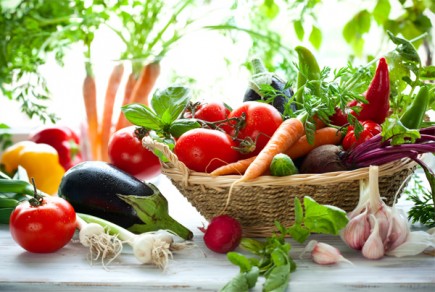The Nigeria Agricultural Quarantine Service (NAQS) on Thursday announced new measures to ensure that more of Nigeria’s agricultural produce meet the European Union(EU)’s standards.
Mr Christopher Onukwuba, NAQS’s Head, Department of Collaboration, Planning and International Trade, made this known in an interview with the News Agency of Nigeria (NAN) in Lagos.
Onukwuba said that the EU’s recent extension of its ban on Nigerian beans had called for the need for the NAQS and other product regulatory agencies to redouble their efforts.
‘’The Nigeria Agricultural Quarantine Service is currently doing a lot to make more Nigerian agricultural produce acceptable to the European countries.
‘’ With the EU’s extension of its ban on Nigerian beans, Nigerian products regulatory agencies are prepared to ensure that agricultural produce from Nigeria meet the required EU standards.
‘’ We are developing more laboratories for testing every agricultural produce before leaving Nigeria for the EU and other countries,’’ he said.
Onukwuba, who blamed the recent EU ban of Nigerian beans on over-use of pesticides by farmers, also said that his organisation would intensify its sensitisation visits to farmlands.
He disclosed the organisation’s planned collaboration with the National Agency for Food, Drug Administration and Control (NAFDAC) and the Standards Organisation of Nigeria (SON) in ensuring that farmers conformed with internationally-accepted pesticide-use standards.
The NAQS official also announced his organisation’s readiness to always carefully inspect and monitor produce from the farms through their packaging processes, transportation and to the warehouses, for shipment.
Onukwuba also said that the organisation had intensified capacity building programmes for its officers to be able to adequately quarantine agricultural produce for local consumption, as well as international needs.
‘’We are now going to be visiting farmers and warehouses to ensure that they meet with requirements for processing, packaging and transportation of our produce for international markets.
‘’ A manual is also being developed to further train our
farmers, transporters, marketers and exporters, on the required standards for exportation of these produce,’’ he said.
According to him, it is only Nigerian’s vegetable products that are currently mostly being accepted in the European countries.(NAN)



Leave a Reply